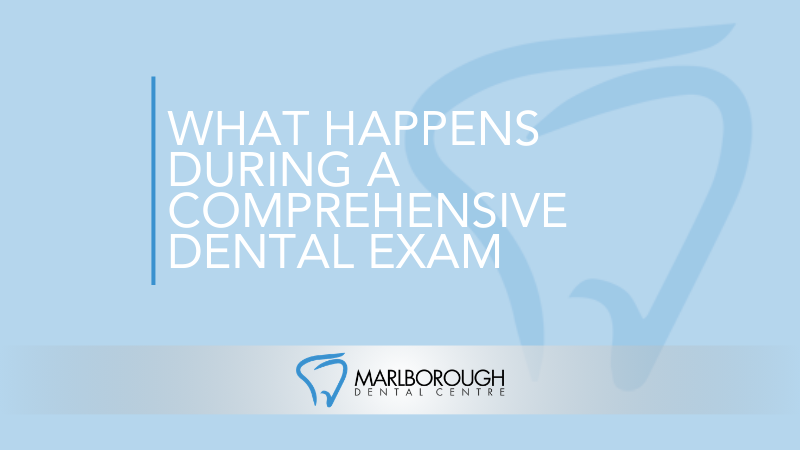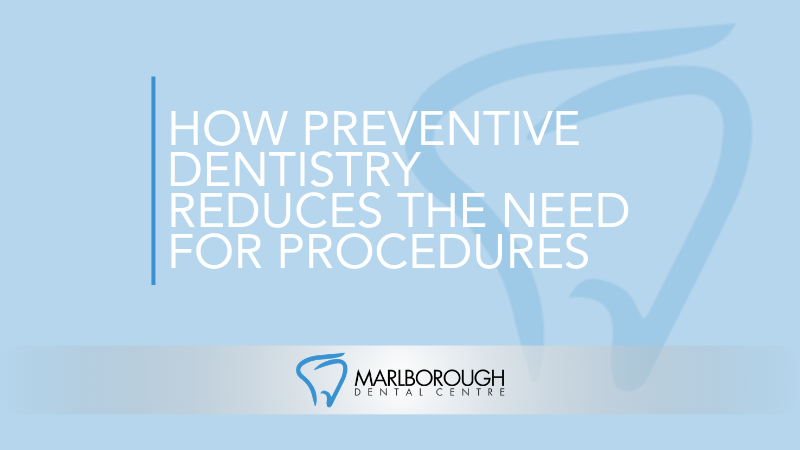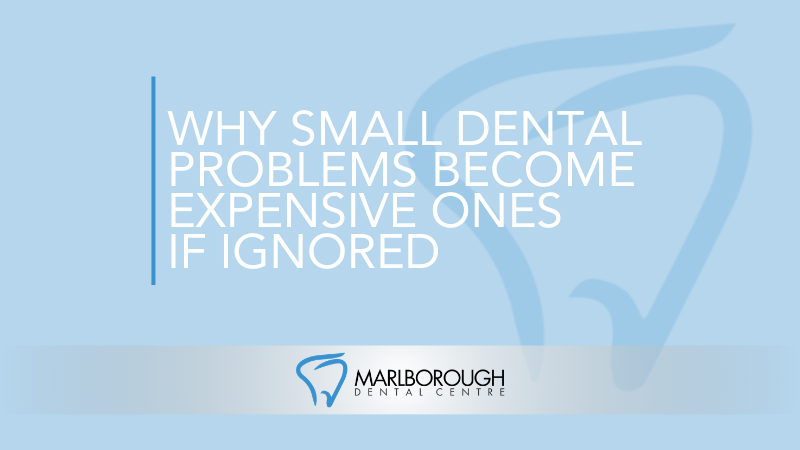Since childhood we have been taught that food is bad for our teeth. Regular brushing and flossing keep teeth healthy by removing sugars and food particles that mix with bacteria and form plaque. Plaque produces acid which erodes tooth enamel, resulting in cavities and gum disease.
Though proper brushing and flossing is still important for removing food particles from teeth, new research conducted by pediatric dentistry researcher Dr. Christine D. Wu of the University of Illinois at Chicago suggests that some foods may actually be beneficial for teeth. Here are the foods that show promise so far.
- Black and green tea
Black and green teas contains compounds called polyphenols which slow the growth of bacteria associated with cavities and gum disease. Dr. Wu’s study found that people who rinsed their mouths with black tea for 1 minute, 10 times a day had less plaque buildup than individuals who rinsed using only water. The plaque that did remain on the tea swisher’s teeth was also smaller in size and less sticky. Tea makes it difficult for bacteria to clump together, and reduces their production of smelly compounds. Their research also found that black tea is effective against halitosis, or bad breath. However, adding sugar to your tea can counteract the associated benefits. - Cheese
Another research team at the University of Illinois conducted a study on 12 to 15 year olds where the subjects were divided into three groups: One ate cheddar cheese, another ate sugar free yogurt and the third drank milk. The children who ate the cheese had lower acid levels in their mouths than the other two groups. After eating the foods each child rinsed their mouth with water and their mouths acid, or pH, levels were measured at 10, 20 and 30 minute intervals. Though the children who consumed yogurt and milk had no change in pH levels while those that ate the cheese exhibited a rapid drop in pH levels at each measurement interval. This lead researchers to the conclusion that cheese may neutralize plaque acid and the chewing motion increases saliva production, which washes more bacteria out of the mouth. - Raisins
Even though raisins are naturally sweet they do not contain sucrose (table sugar). Sucrose helps bacteria stick to the surface of teeth, where they produce plaque. Raisins also contain polychemicals; compounds that may kill cavity causing plaque bacterial. Dr. Wu’s research on the subject also suggests that raisins contain compounds that negatively affect the growth of bacteria that causes gum disease.
For more information on your dental health, or to book an appointment, contact the Marlborough Dental Clinic at 403.248.2066 and visit marlboroughdentalcentre.com.



